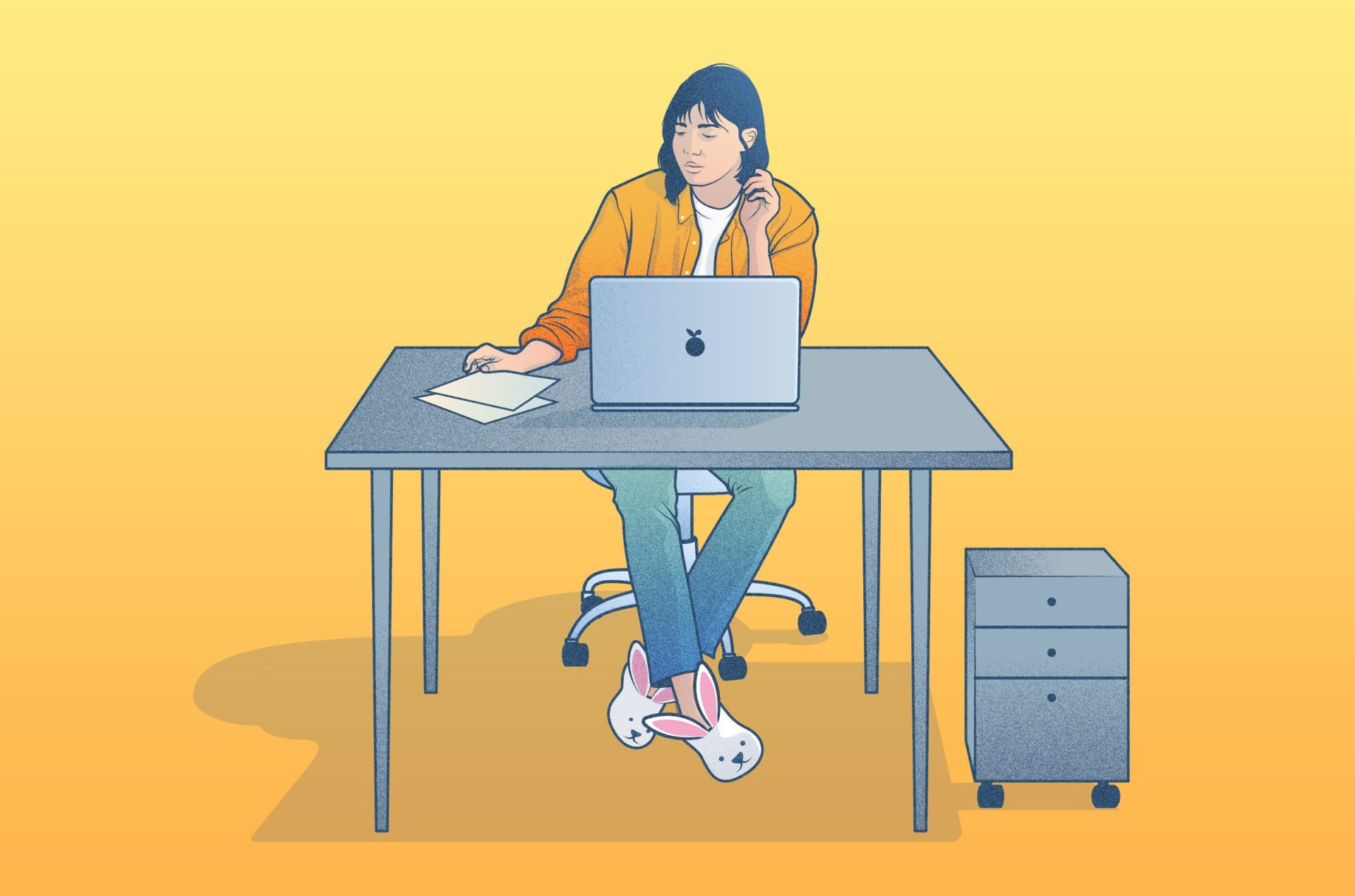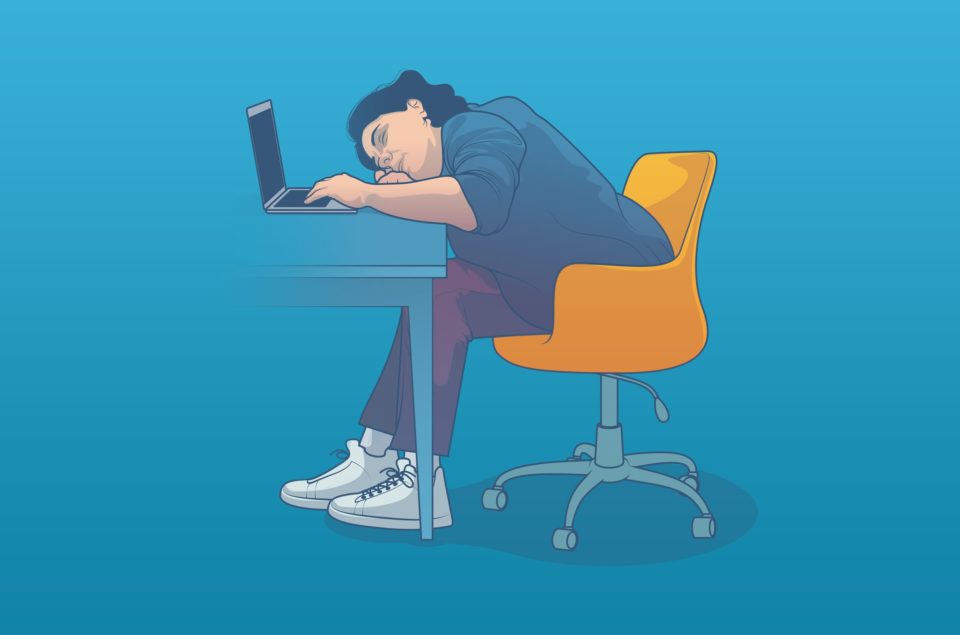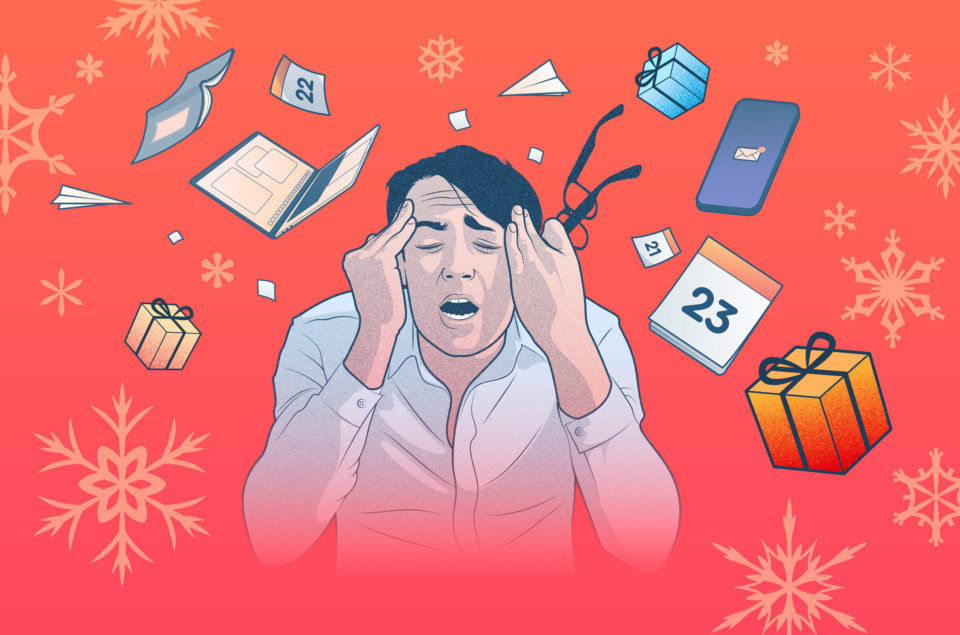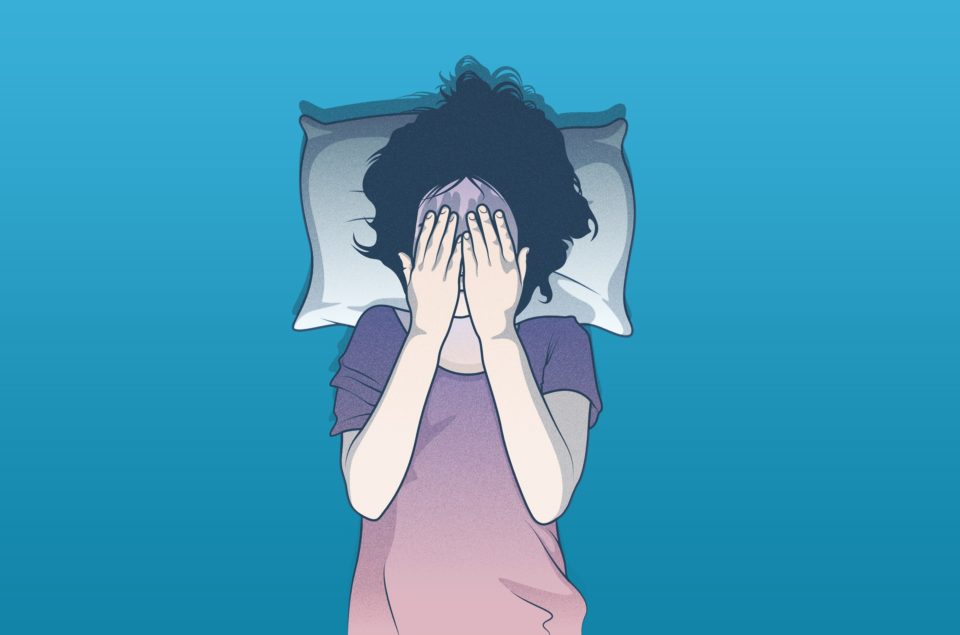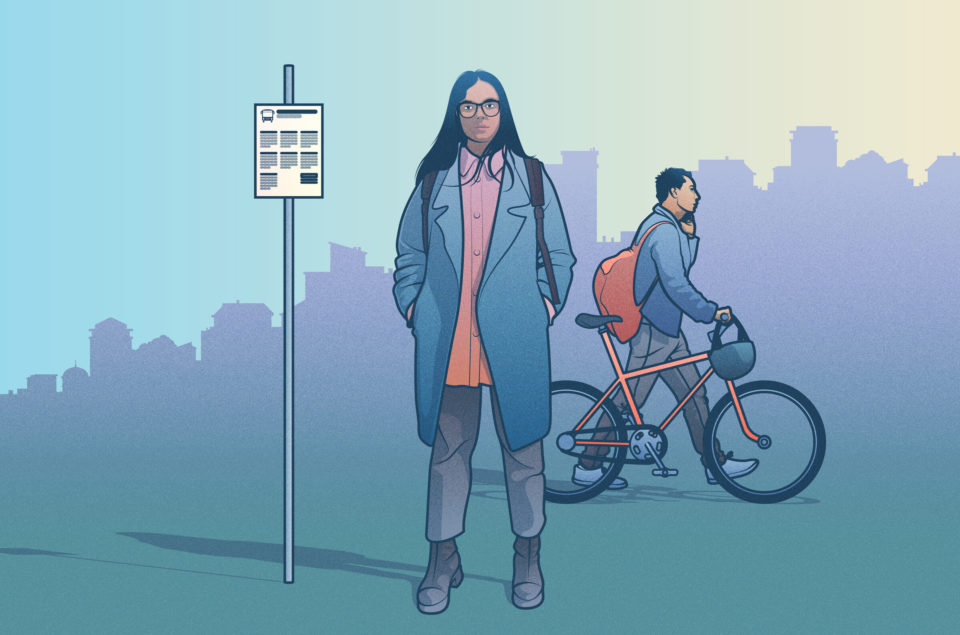People with busy, demanding jobs can often struggle to get a good night’s sleep. After a long day, it can be hard to disconnect from work and calm your mind before bed. Even if you lay your head on the pillow at a reasonable time, your mind may still be racing through your to-do list, unanswered emails, upcoming meetings, or that conversation you need to have with your boss.
The anxiety that may come from these thoughts can keep you awake, and over time, can lead to sleep loss that takes a toll on your productivity. Let’s explore the relationship between work and sleep, and how you can improve both simultaneously.
Work anxiety, stress and sleep
Stress and anxiety can often lead to insomnia and poor sleep, and work is a leading source of stress for many. In the U.S., stress levels in 2020 were higher than in years past, indicating that more people are also having trouble sleeping. If you find yourself unable to sleep at least three times a week for three months or more, you are considered to have chronic insomnia. Stress, especially from ongoing stressors, can significantly contribute to chronic insomnia.
How sleep loss can impact job performance
- Mental dullness: Sleep deprivation negatively impacts concentration, attention to detail, creativity, memory, and decision making, all of which are essential to job performance. The longer a person remains sleep deprived, the more severe the effect on cognitive performance can be. After several nights of lost sleep, people are more likely to make mistakes and are slower to react, which can have serious consequences in certain lines of work (e.g. medicine, truck driving, construction).
- Emotional well-being: Working with no sleep or with very little sleep can cause people to feel more angry, emotional, and irritable. They are also more likely to be anxious or stressed, which can create a vicious cycle of losing sleep due to anxiety and the resulting lost sleep causing you to be more anxious. Emotional or irrational reactions are also more likely to be triggered in a stressful environment, which many workplaces can be. If a person is showing up to work “on-edge” due to sleep deprivation, this can impact their working relationships, creating tension between bosses, colleagues, and clients.
- Economic impact: Lost sleep doesn’t just take a toll on individual health and performance, it can cost the companies they’re working for significant sums in lost productivity and working hours. A study examining the economic cost of insufficient sleep in five industrialized countries found that up to $680 Billion is lost each year because workers are not getting enough sleep.
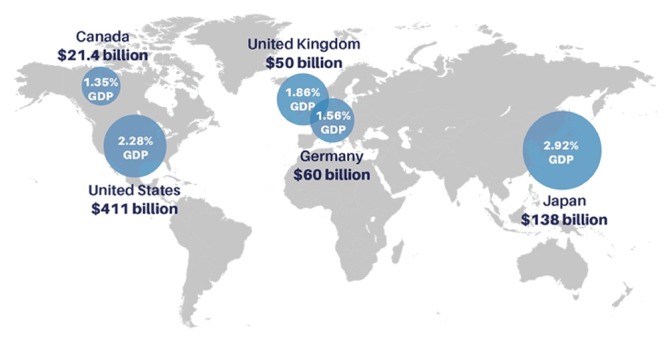
Sleep tips and sleep aids that work
- Limit technology before bed, avoid working late at night: As tempting as it is to check your work email one more time before going to sleep, doing so can cause you to become more anxious, leading to worse sleep. The blue light from your devices may also disrupt your circadian rhythm.
- Keep a consistent sleep schedule: Our bodies crave predictability and consistency. Go to bed and wake up at the same time throughout the week.
- Develop a calming bedtime routine: Find a routine that relaxes you and do it every night before bed. This can include listening to music, doing breathing exercises, or taking a warm bath. If you keep waking up thinking about your job, writing down your next-day to-do list could help calm stressed thoughts.
- Get out of bed if your mind is stuck in a loop: If you can’t stop thinking about work in the middle of the night, getting out of bed may help reset you. Leave the room, do a low-stress activity such as reading or journaling, and return when you’re relaxed and ready to sleep again.
- Try a weighted blanket: Weighted blankets have been found to have calming effects, which may help with work-related anxieties.
- Sleep stories and sounds: Sound has a profound ability to relax us. Try listening to sleep sounds, sleep stories, or guided meditations before bed to help you de-stress.
- Cut out afternoon caffeine: Avoid caffeine after noon or it could keep you up at night.
- Exercise: Working out, even for 30 minutes a day, can improve your sleep.
- Try breathing techniques: Breathing in certain patterns can help to calm you down and get you ready to sleep. A popular sleep hack is the 4-7-8 method where you breathe in for four seconds, hold your breath for seven seconds and breath out for eight seconds.
- Catch some sun: Exposure to sunlight during the day can not only help you sleep better at night, but also has an important role for determining length of time spent asleep.
- Set the right expectations: Avoid sending work-related emails and messages once you have logged out for the day. This will not only help manage your colleagues expectations on your availability, but also help you stop fretting or looking for responses later in the evening.
A good night’s sleep can help you excel at work, and a restless night can lead to an unproductive day. Many companies are beginning to recognize the severe negative impact on productivity and have invested in company-wide health and wellness programs that provide employees with tools and resources to improve their sleep. Ask your employer if such a program might be right for you and your team.
In the meantime, experiment with these sleep tips to see what works for you.
